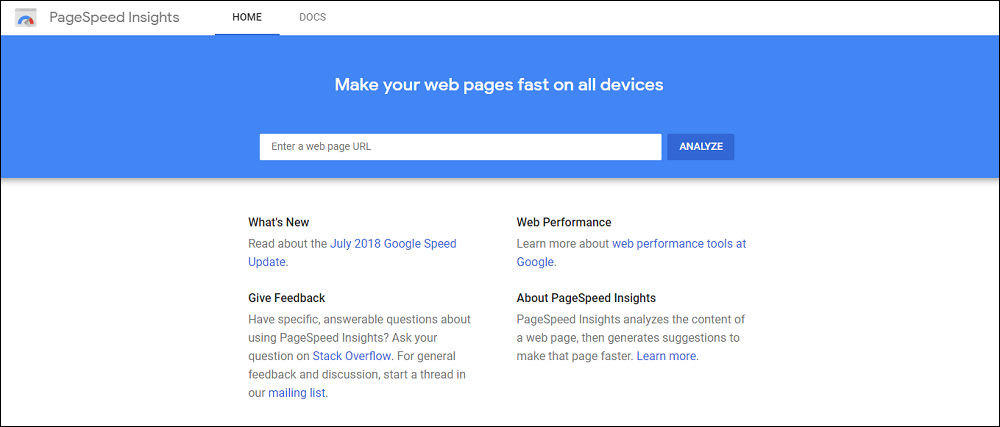


Run an audit to monitor SEO, technical and user experience issues on your business website. You will have to fix the issues once you find them. Website issues can result in various problems such as higher bounce rate, decrease in organic traffic, low conversion rates and more. Google Analytics, Google Search Console and Google Page Speed Insights are some of the powerful SEO tools that can assist you in auditing your web pages. This blog will serve as a good starting point if you want your website to rank higher in search engines or you do not have experience in SEO. Following are the points for a basic website audit:
A. Website Structure: This important point should be taken into consideration before implementing an SEO strategy. It is always a struggle for visitors who are finding relevant information on the website without a navigation bar. Be sure that your web pages are user friendly and the menu is linked to all important pages. Ask your customers or friends to visit your website and analyze any navigation issues.
B. Analyze XML Sitemap and Robots.txt: XML Sitemap helps search engines to easily understand the structure of your website. Robots.txt file is used to inform search engines about the web pages they can and cannot crawl. Both these files are accessible at the root folder of your server. Create files by utilizing tools such as 'XML Sitemaps Generator' and 'Robots.txt Generator'.
C. Unique Title Tags and Meta Descriptions: SEO experts should make sure that each web page has a unique Meta Description and Title Tag (Read 'A Glossary of SEO Terms'). Always include your target keyword in Title Tag and Meta Description. As per the performance report of Google Search Console, some web pages get lots of impressions but a low CTR because Title Tags and Meta Descriptions of those pages are not attractive.
D. Orphan Pages: These web pages are not part of your internal link structure. Orphan web pages can be fixed by deleting them or adding them to the structure of your website.
E. Mobile Responsiveness: More than 60% of Google searches analyzed on mobile devices. Thus your business website should be mobile friendly otherwise you may alienate over half of your visitors. Use Google Analytics (Audience > Mobile > Overview) to track the number of users visiting your website via mobile. Digital Marketing Boy suggests you to use Google Search Console (URL Inspection > TEST LIVE URL) for mobile responsiveness test. If your website is not mobile responsive then you should hire a programmer to fix this issue.
F. Page Load Time: Most of the visitors exit the websites that take more than three seconds to load. Digital Marketing Boy would like you to use a powerful SEO tool 'Google Page Speed Insights' for checking page speed of your web pages. Enter web page URL and click on ANALYZE to get a speed score for mobile as well as desktop. This tool also provides suggestions to improve the load time of your web pages.

G. HTTPs: Install an SSL certificate if your website is not on HTTPs. Hypertext Transfer Protocol Secure (HTTPs) is necessary if you are dealing with online payments or collecting user data.
H. Broken Links Analysis: User experience is always bad for the visitors landing on a broken page of your website. Here you can track the broken links on your website by accessing a powerful SEO tool 'Dr. Link Check'. Fix the broken links and create a customized 404 page for a better user experience.
I. Quality of Content: The content of your web pages should be informative, easy to understand and free of grammatical errors. Be sure that your web pages do not have duplicate content. SEO experts can use Google Search Console or Google Analytics to list down web pages with maximum traffic. Further, they should perform a content analysis of these pages and improve quality wherever required.
Go through the above basic points and hire an SEO expert to audit your website for more issues. Include an analysis of Schema Markup or other structured data formats in a basic website audit.